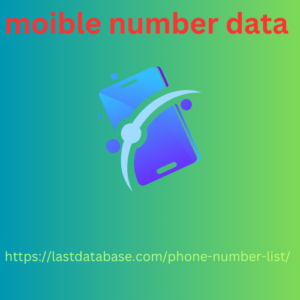|
|
The fonts used are different, and the way they display blue links to the same site is different (i.e. one of them doesn't necessarily use a label.) Given this, how can we be sure that participants in the survey didn't feel they were being asked to choose the best-looking result? We are told that investigators were asked to choose which group had the best results. Maybe they were given further instructions to choose the most relevant, but if they were, we certainly weren't. It just asks us to select the result on the left or right.
You can easily tell which search engine is which. Now of course, if you're reading this, and you'll probably moible number data spot and typesetting styles right away. But will the man or woman on the street notice this? Generally speaking, people use search a lot, and we can reasonably assume that most survey participants do the same, as told to us. To make sure they were all fairly familiar with how to use search, they were all asked to have used one in the past month. Major search engines.

Now, whether or not they consciously choose one over the other, and regardless of whether they actually prefer the results, we are told that users are blind to which search engine the results come from, but this is obviously not true, and not a true blind test would be Undermining any conclusions drawn. Anyway, I chose the result on the right because the profile is all mine. While the results have some nice follower data, they also have three links to my good friends and colleagues. This is a bit strange. Now for a semester I'm interested in a major.
|
|